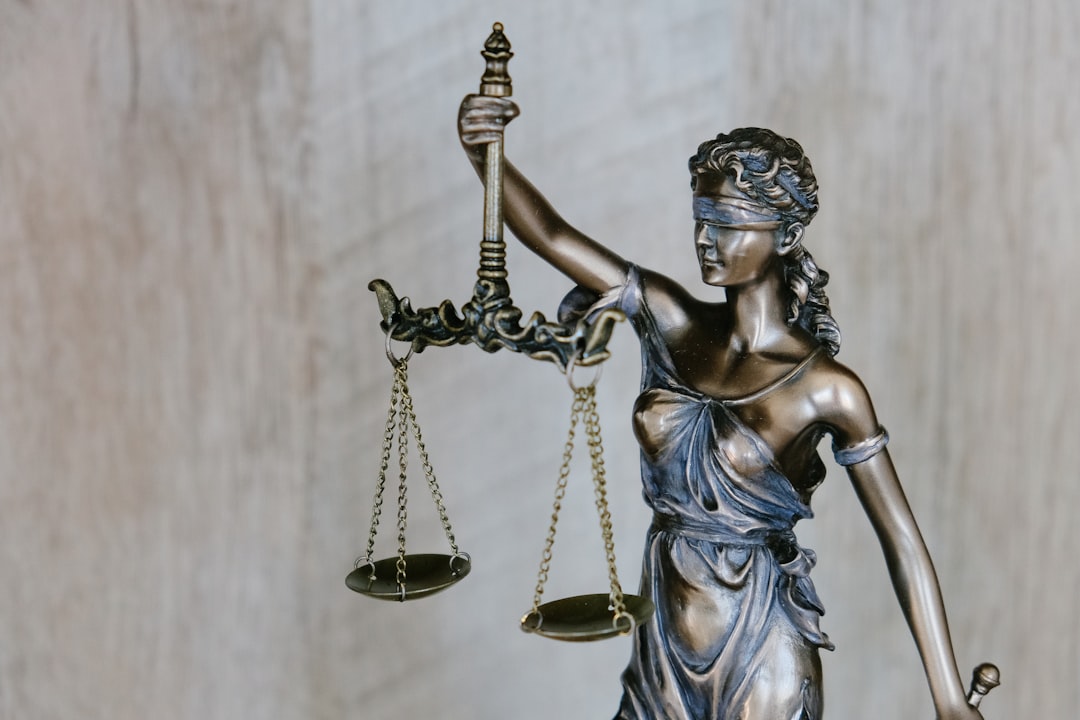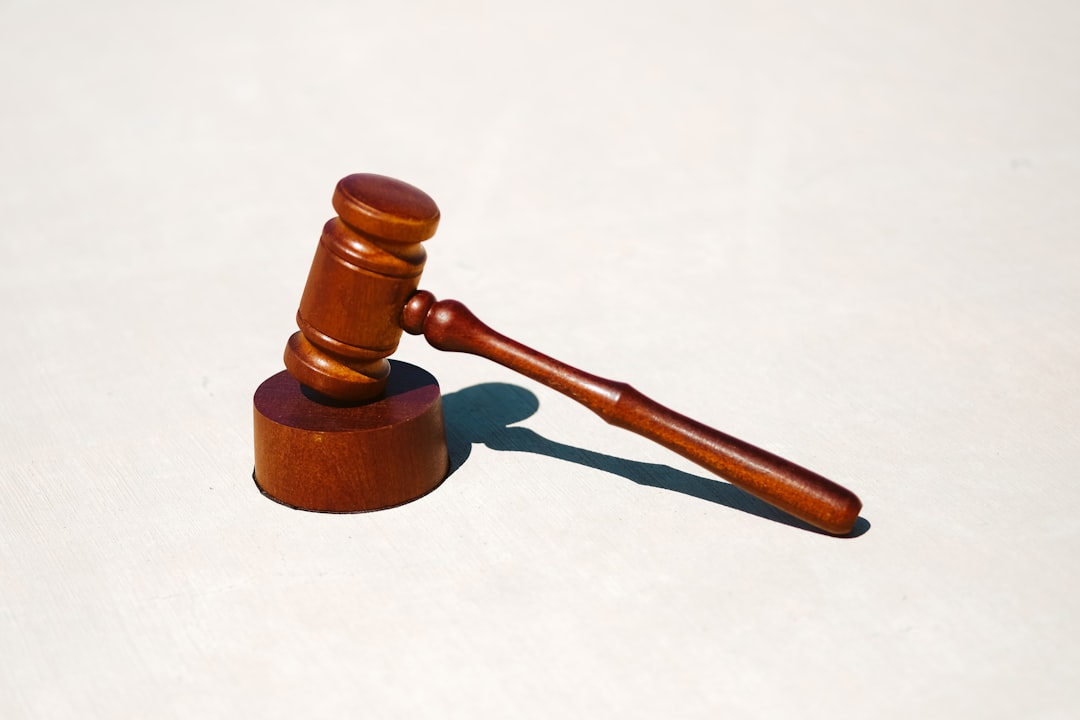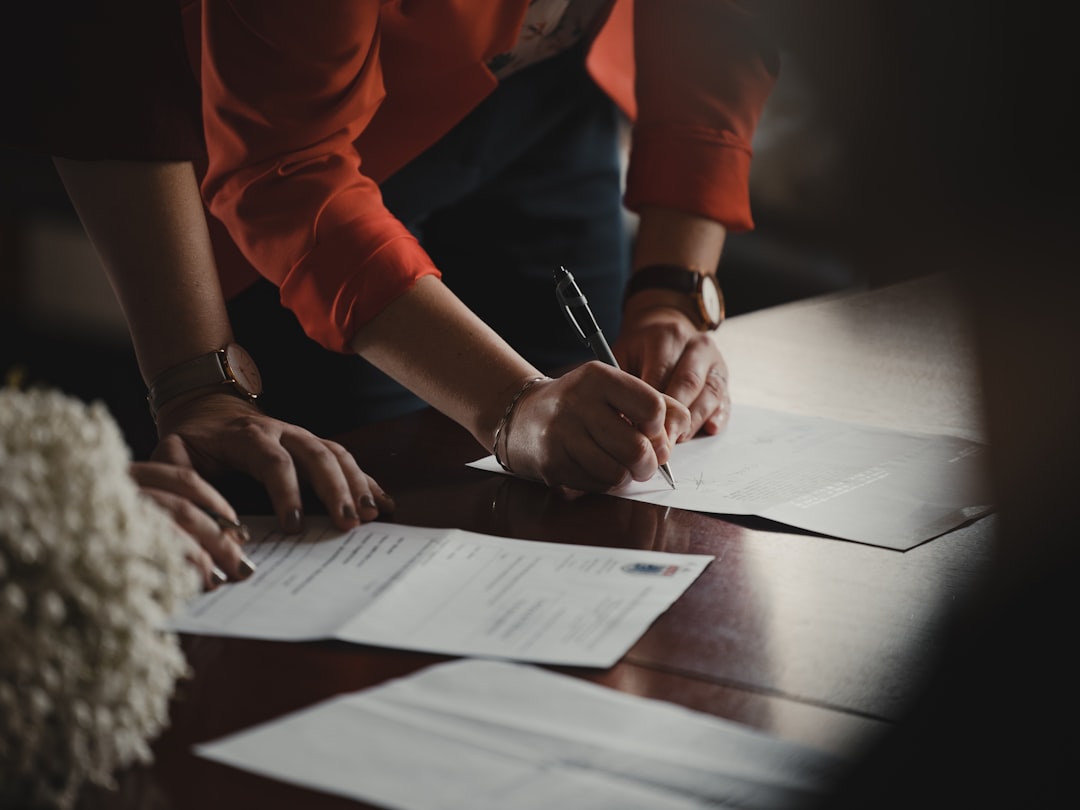Sexual abuse survivors in St. Louis have access to diverse support groups facilitated by non-profits, community centers, and religious institutions, with local chapters of national organizations like RAINN. Choosing the right group involves considering leader credentials, confidentiality practices, and group size. Legal counsel from sexual abuse attorneys St. Louis MO is crucial for navigating complex legal issues related to sexual assault cases, ensuring fair treatment and protecting victims’ rights. These attorneys collaborate with support groups, hospitals, and counseling centers to create tailored holistic support systems. Joining or forming peer support groups centered around shared experiences can transform lives, offering encouragement and therapeutic activities.
Surviving sexual abuse is a profound journey, often enriched by the support of peers who understand. In St. Louis, MO, individuals seeking solace may wonder where to find like-minded communities. This guide aims to illuminate the path to recovery by detailing how to locate support groups tailored for survivors. Given the sensitive nature of this issue, connecting with others who’ve faced similar challenges can be transformative. Moreover, accessing resources offered by sexual abuse attorneys St. Louis MO can complement these efforts, ensuring survivors not only find community but also receive the legal aid they may require. Let’s explore practical steps to identify and engage with these critical support networks.
Understanding Your Options: Support Groups in St. Louis

In St. Louis, survivors seeking support can navigate a variety of options designed to foster healing and community. One effective avenue involves joining a specialized support group tailored to address specific challenges faced by individuals who have experienced sexual abuse. These groups offer a safe, confidential space where members can share their stories, exchange coping strategies, and derive strength from shared experiences.
St. Louis boasts a robust network of such groups facilitated by various organizations, including non-profits, community centers, and even some religious institutions. For instance, local chapters of national advocacy groups like RAINN (Rape, Abuse & Incest National Network) often host regular support meetings, providing an accessible entry point for those new to the process. Additionally, hospitals and mental health clinics may offer specialized programs designed to serve survivors across different demographics and needs.
It’s crucial that survivors consider factors like group size, leadership credentials, and the group’s approach to confidentiality when selecting a support venue. Consulting with trusted healthcare professionals or reaching out to sexual abuse attorneys St. Louis MO can offer valuable insights into local resources and help ensure individuals connect with groups that align with their specific needs and preferences. By carefully evaluating these options, survivors can embark on a journey of healing supported by like-minded individuals within the supportive framework of a well-structured support group.
Locating Resources: Where to Start Your Search
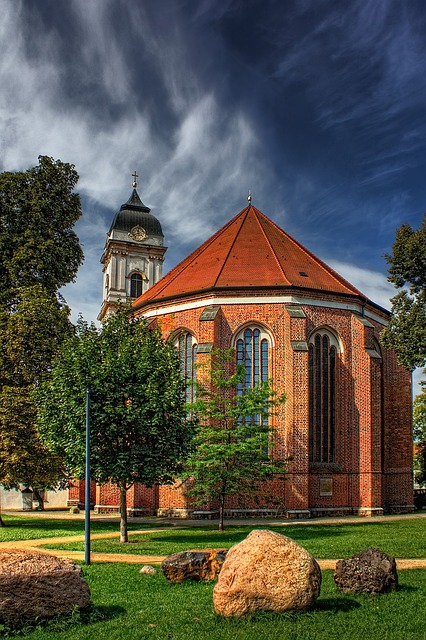
Finding the Right Fit: Criteria for a Safe Space

Finding a supportive community is a pivotal step for survivors seeking healing and recovery. When looking for a support group in St. Louis, it’s essential to identify a space that prioritizes safety, confidentiality, and empathy. This process involves considering several criteria to ensure an individual or a family finds the right fit for their unique needs. One of the critical aspects is understanding that each survivor’s journey is distinct, shaped by personal experiences and triggers. Therefore, a diverse range of support groups catering to various forms of trauma, including sexual abuse, can be found throughout St. Louis and its surrounding areas.
While searching, it’s advisable to assess the group’s facilitators’ qualifications and experience. Professional moderators or trained volunteers who possess knowledge in trauma-informed care and have undergone special training in handling sensitive topics are ideal. For instance, sexual abuse attorneys in St. Louis MO often collaborate with support groups, offering legal guidance and ensuring survivors’ rights are protected while fostering a safe environment for open discussions. Additionally, checking the group’s rules and guidelines can provide valuable insights into their commitment to creating a secure space. Look for policies that emphasize confidentiality, respect, and non-judgmental attitudes.
The location and setting of the support group should also be considered. A discreet and comfortable venue that provides privacy and minimizes potential triggers is ideal. Some groups operate online, offering accessibility to those who prefer virtual spaces or have mobility challenges. Others meet in community centers, churches, or private homes, creating a sense of belonging within a familiar environment. For instance, survivors of sexual abuse can benefit from these safe spaces to connect with others, share experiences, and learn coping strategies tailored to their specific forms of trauma.
Connecting with Healing: How Sexual Abuse Attorneys St. Louis MO Can Help
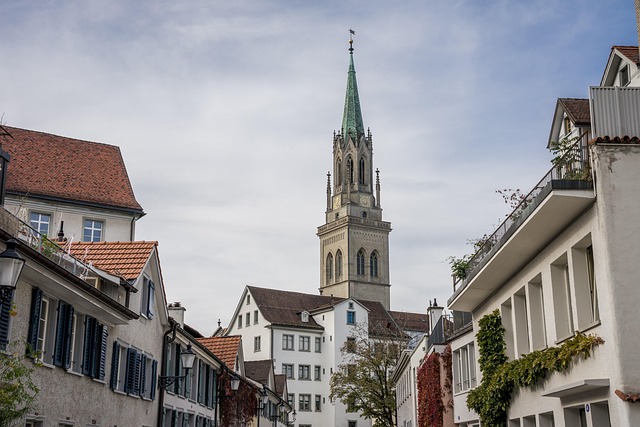
Survivors of sexual abuse often find solace and healing through community support groups, which offer a safe space to share experiences and connect with others who understand their journey. In St. Louis, Missouri, individuals seeking such support can tap into a network of resources, including specialized legal aid—sexual abuse attorneys St. Louis MO. These attorneys play a pivotal role in empowering survivors by providing not only legal representation but also crucial emotional support and guidance throughout the healing process.
The impact of sexual abuse is profound and far-reaching, affecting individuals’ mental health, interpersonal relationships, and overall well-being. According to recent studies, nearly 1 in 5 women and 1 in 71 men in the US have experienced sexual assault, highlighting the urgent need for supportive communities. St. Louis’s legal community has recognized this gap, with several attorneys dedicated to advocating for survivors’ rights and offering much-needed assistance. Sexual abuse attorneys St. Louis MO often collaborate with local support groups, hospitals, and counseling centers to create a holistic support system tailored to each survivor’s unique needs.
Connecting with the right support group can transform lives. Consider joining or forming a group centered around shared experiences—whether it’s a specific type of abuse, age group, or gender identity. St. Louis has vibrant communities for survivors, offering regular meetings, workshops, and social events. For instance, local support groups may host monthly gatherings where members share their stories, engage in therapeutic activities, or simply provide peer-to-peer encouragement. Additionally, sexual abuse attorneys St. Louis MO can facilitate these connections, ensuring survivors access not only legal assistance but also a warm and supportive network of fellow survivors on their healing journey.
Related Resources
1. St. Louis Mental Health Association (Community Organization): [Offers a comprehensive list of support groups and mental health resources specific to the St. Louis area.] – https://www.stlouismentalhealth.org/
2. Missouri Department of Mental Health (Government Portal): [Provides information on various mental health services, including support group networks across Missouri, with a focus on community-based care.] – https://dmh.dps.mo.gov/
3. National Alliance on Mental Illness (NAMI) St. Louis Chapter (Community Advocacy Group): [A trusted local NAMI chapter offering education, support groups, and advocacy for individuals affected by mental illness.] – https://namistl.org/
4. University of Missouri-St. Louis Counseling and Support Services (Academic Institution): [University resources for students, including a directory of campus and community support groups, with an emphasis on trauma-informed care.] – https://counseling.umsl.edu/
5. Crisis Text Line (Online Resource): [A national text-based crisis intervention service offering 24/7 support; includes information about local St. Louis resources.] – https://www.crisistextline.org/
6. The St. Louis Post-Dispatch (Local Newspaper) (Media Outlet): [Provides community news and events, occasionally featuring articles on mental health initiatives and support group listings.] – https://www.stltoday.com/
7. Mental Health America of St. Louis County (Community Health Organization): [A local chapter dedicated to mental wellness promotion and recovery; offers resources, including a directory of support groups.] – https://mha-stlouiscounty.org/
About the Author
Dr. Sarah Johnson, a renowned mental health advocate and licensed clinical social worker, specializes in supporting trauma survivors. With over 15 years of experience, she has dedicated her career to helping individuals navigate their healing journeys. Dr. Johnson is a certified Group Therapy Facilitator and has co-authored articles in the Journal of Social Work, contributing to the field’s understanding of group therapy effectiveness. Active on LinkedIn and a regular contributor to Psychology Today, her expertise lies in guiding survivors to find and engage with supportive St. Louis-based community groups, fostering healing and connection.


